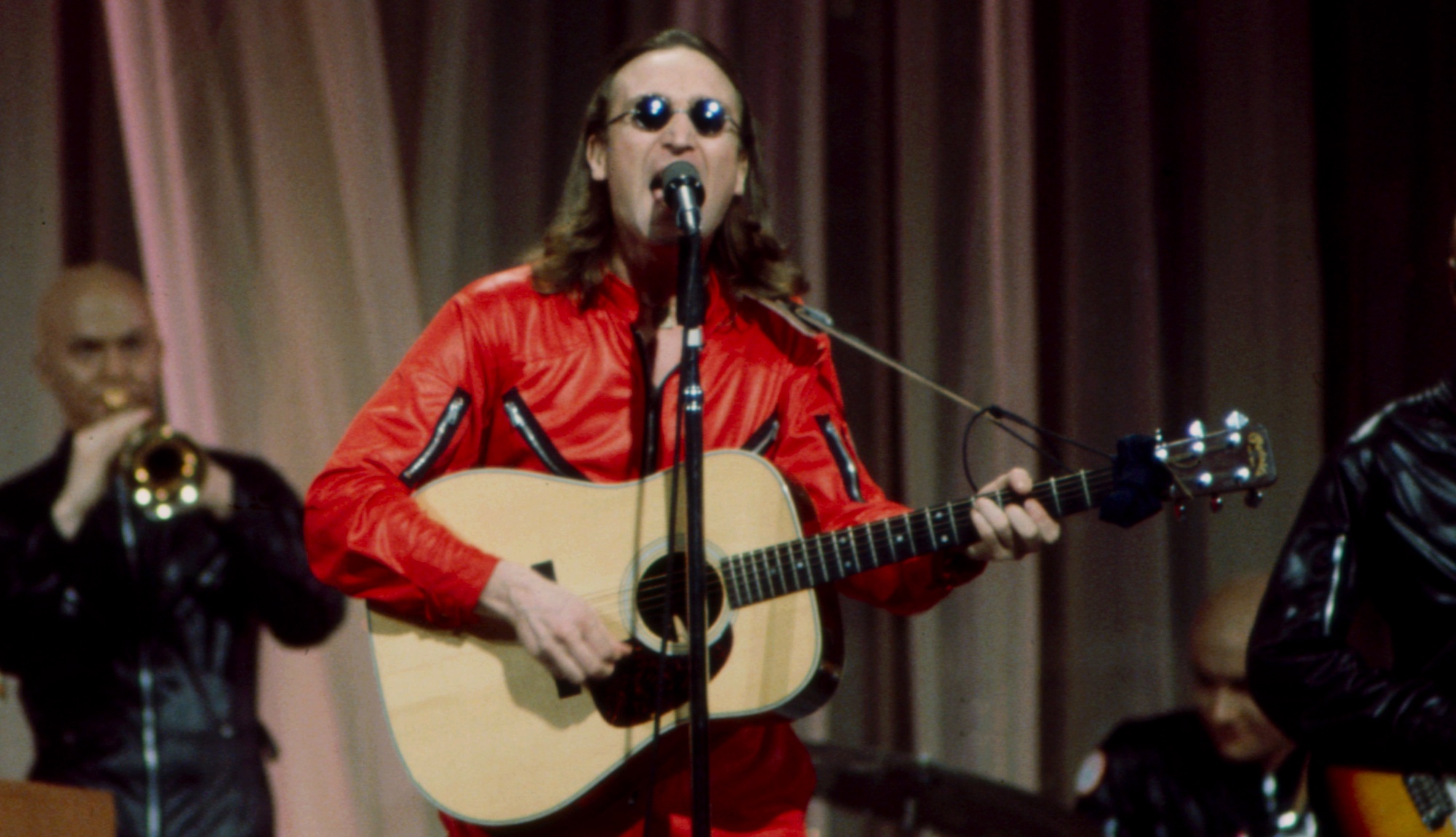Lou Reed, Rock Pioneer and Velvet Underground Co-Founder, Dead at 71
All the latest guitar news, interviews, lessons, reviews, deals and more, direct to your inbox!
You are now subscribed
Your newsletter sign-up was successful
Singer/guitarist Lou Reed, best known as the principal songwriter in the influential New York City band the Velvet Underground, died today at age 71.
Although the cause of his death has not yet been revealed, Reed underwent a liver transplant in May.
"The nature of his lyric writing had been hitherto unknown in rock," said David Bowie in the 1998 Grammy-winning documentary Lou Reed: Rock and Roll Heart [See clip below]. "Lou brought rock into the avant garde. He gave us the environment in which to put our more theatrical vision. He supplied us with the street and the landscape, and we peopled it."
While Reed, who was born in Brooklyn, New York, in 1942, achieved chart success at various points in his decades-long career, he garnered notoriety and a dedicated, long-standing cult following, mostly the result of his early years with the Velvet Underground, a band he formed in 1964 with John Cale.
Their 1967 debut album, The Velvet Underground & Nico, is often considered one of the greatest and/or most influential rock albums of all time. Rolling Stone named it the "most prophetic rock album ever made" in 2003.
The band's 1970 album, Loaded, featured "Sweet Jane," a Reed composition that would go on to become a staple in his solo performances long after his departure from the band later that year.
After leaving the band, Reed recorded a solo debut backed by members of Yes; it was followed by his best-known solo album, 1972’s Transformer. The disc, which was produced by Bowie, gave Reed his first taste of rock-star level fame. It featured arguably his most popular song, the radio favorite “Walk On the Wild Side” [See audio clip below] and “Satellite of Love,” which has been covered by U2 and several other artists.
All the latest guitar news, interviews, lessons, reviews, deals and more, direct to your inbox!
Reed continued to release solo albums throughout the '70s, including 1973’s Berlin, 1974’s Sally Can’t Dance and 1975's Metal Machine Music, an experiment in noise.
Reed eventually developed an affinity for photography and also appeared in several films from 1980 through 2008. These include 1980's One Trick Pony (1980), 1983's Get Crazy (in which he plays a reclusive rock star) and 2008's Palermo Shooting. In several films, including Permanent Record (1988) and Prozac Nation (2001), Reed appeared as himself.
In his personal life, Reed was an avid student of T'ai Chi, even bringing his instructor onstage during shows in 2003. In 2005, he released a double album, The Raven, which was based on the work of author Edgar Allen Poe. In 2007, he released Hudson River Wind Meditations followed by Lulu, his 2011 collaboration with Metallica.
"The version of the Lulu music I did with Metallica is awe inspiring," Reed told New Yorker magazine in 2011. "It’s maybe the best thing done by anyone, ever. It could create another planetary system. I’m not joking, and I’m not being egotistical."
It's safe to say, however, that Lulu was not warmly received by critics or fans.
"It was difficult for Lou Reed because he takes everything very personally," Metallica drummer Lars Ulrich told radio station DC101 in 2012. "I think he was very surprised. We told him all along, 'Listen, there are some very, very, very hardcore metal fans out there that like everything pre-packaged in a particular little box that looks like this, and the minute that you slightly veer outside of that, then they have a hernia.' And that's fine, I'm fine with that."
Reed was born Lewis Allan Reed on March 2, 1942. Soon after learning how to play guitar, he developed an interest in rock and roll and rhythm and blues and played in several bands during high school. His first recording was as a member of a doo-wop-style group called the Jades; he also worked as a songwriter for Pickwick Records (Reed described his time there as being "a poor man's Carole King").
Reed met Cale, a Welshman who had moved to the US to study classical music. Cale had worked with experimental composers Cornelius Cardew and La Monte Young, whose use of extended drones would be a major influence on the Velvet Underground's early sound. Cale was happy to discover that Reed's experimentalist tendencies were similar to his own: Reed sometimes used alternate guitar tunings to create a droning sound. Their new friendship led to the formation of the Velvet Underground.

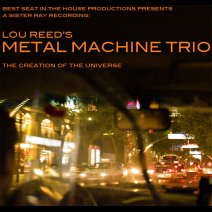
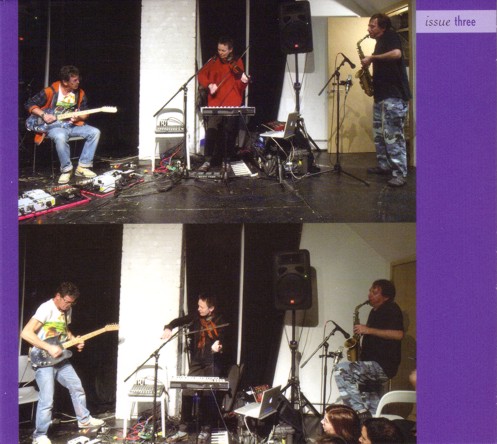
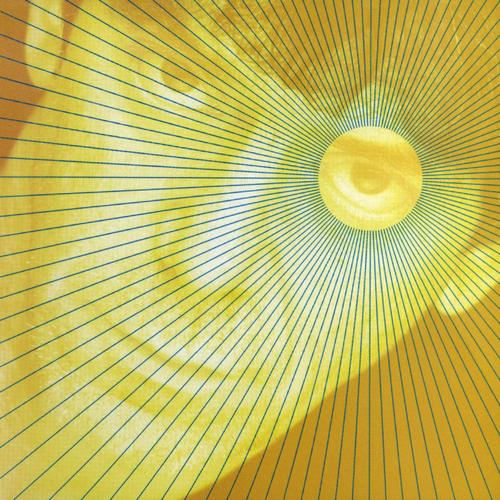
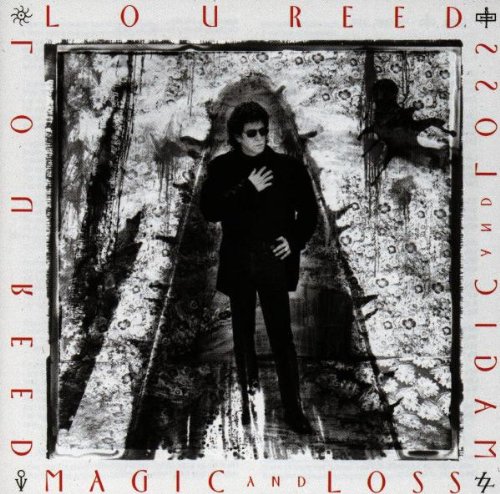

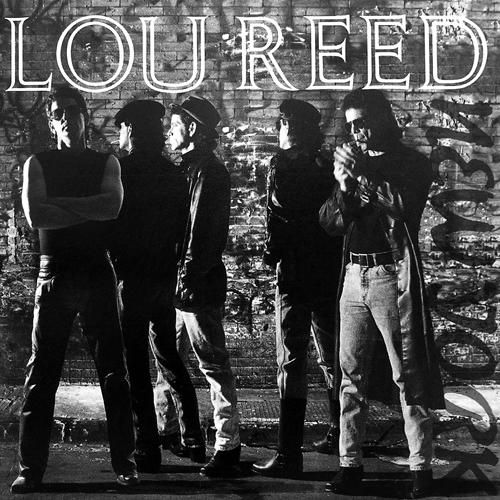
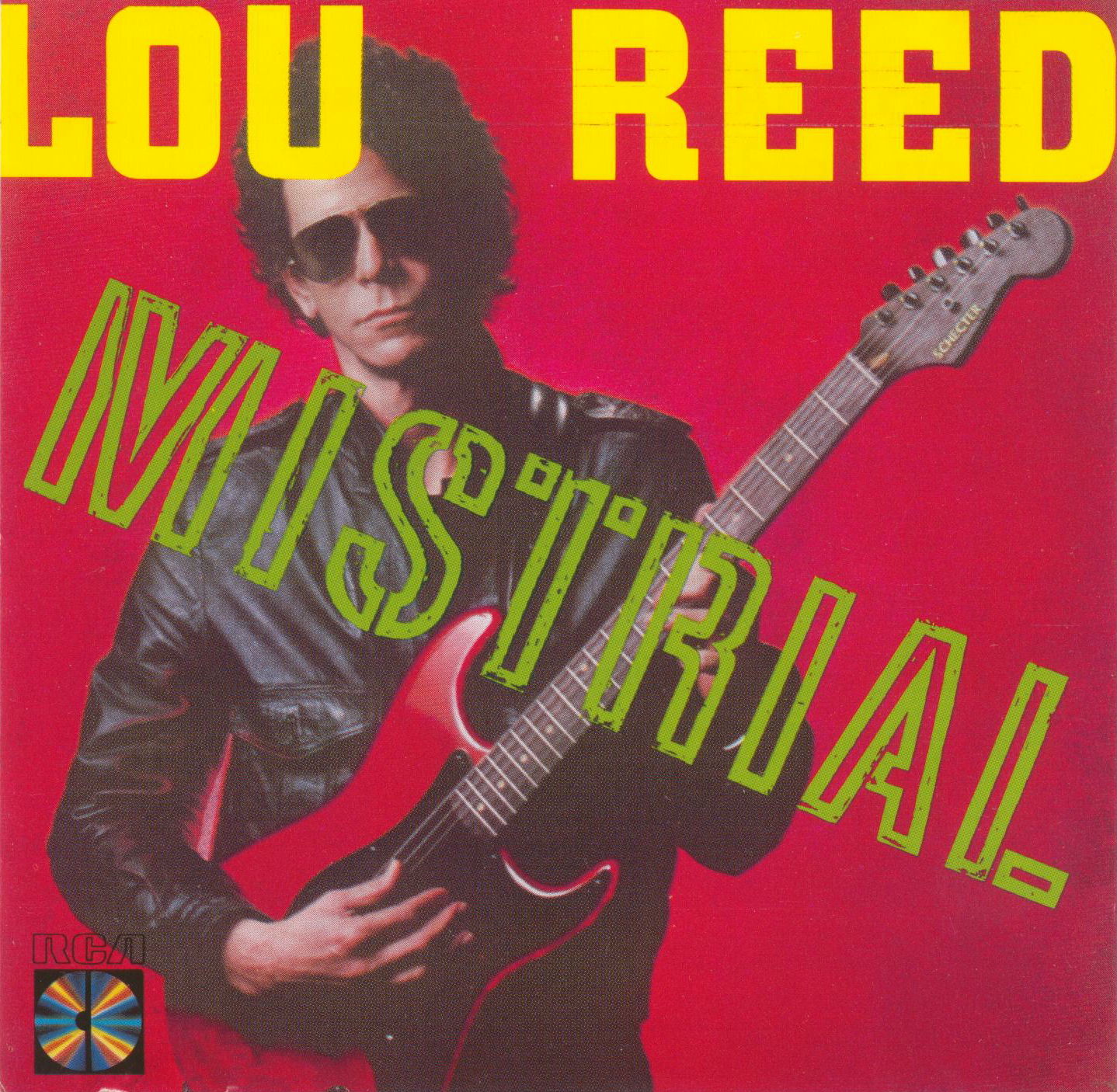
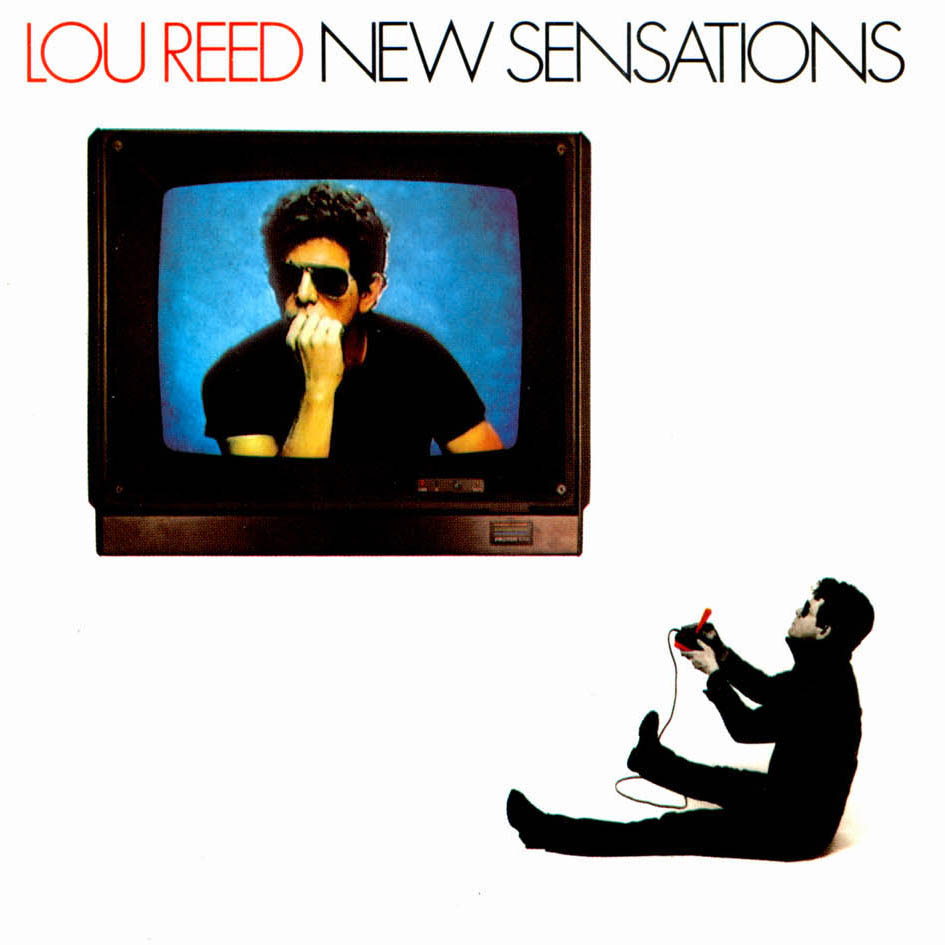
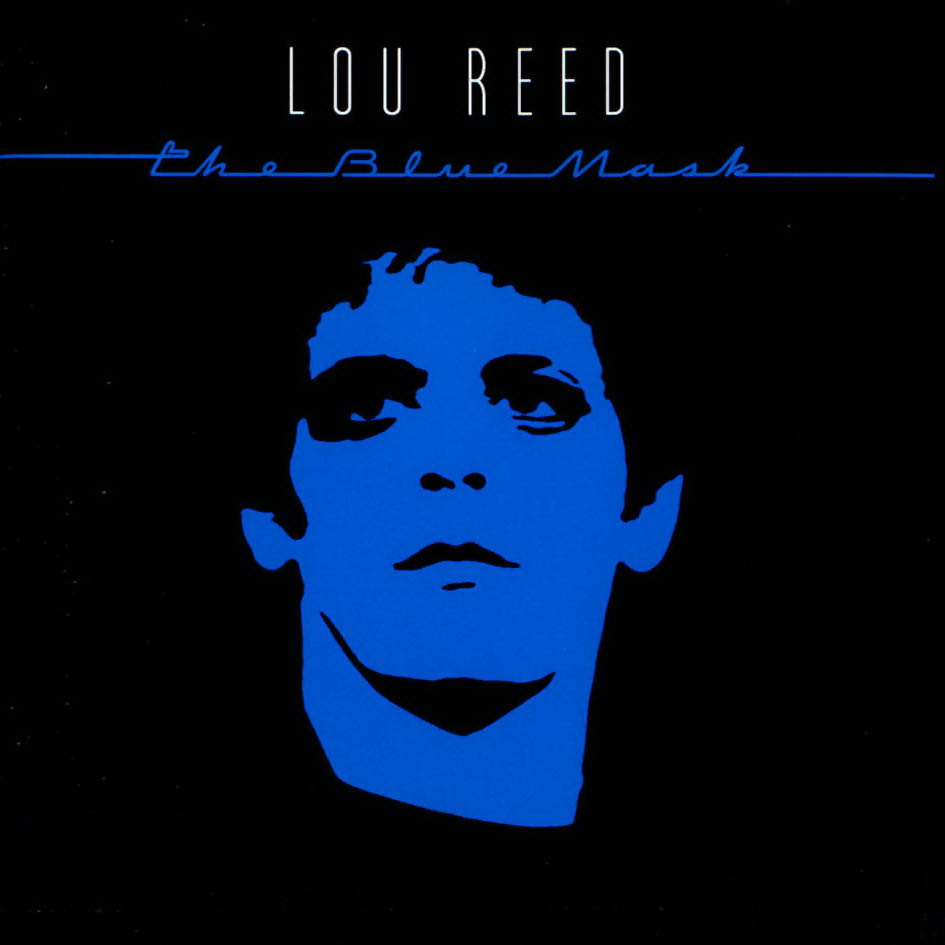
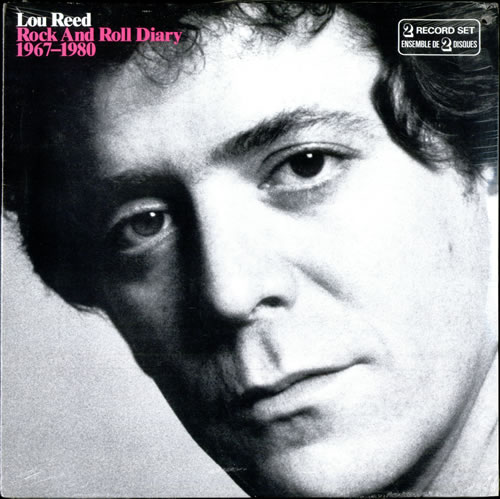
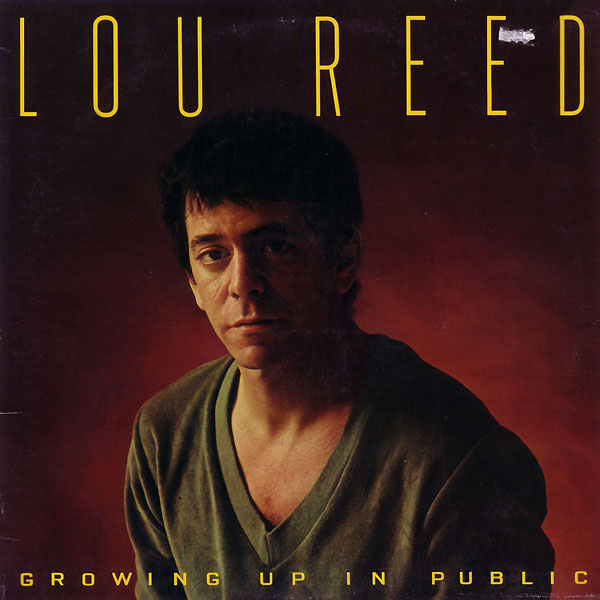
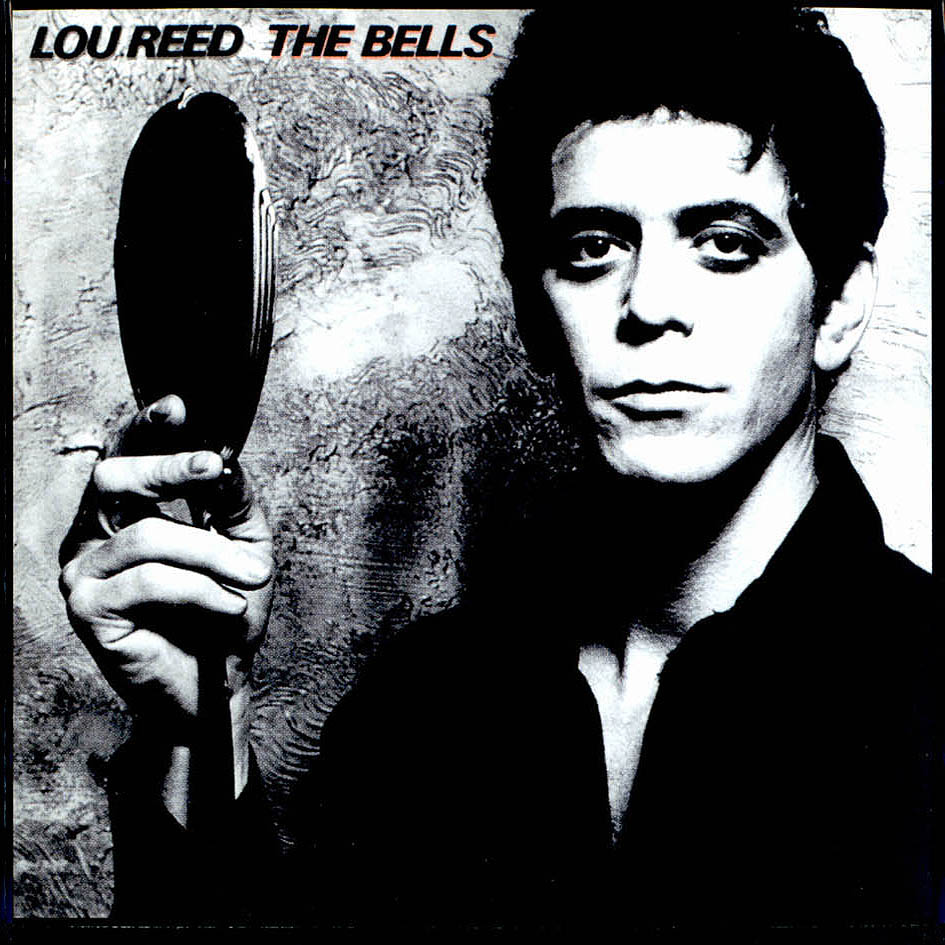
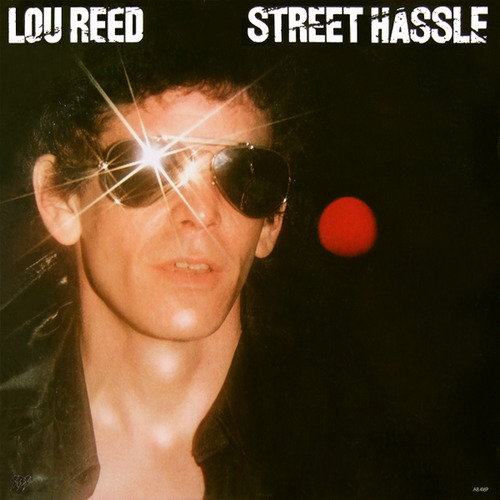
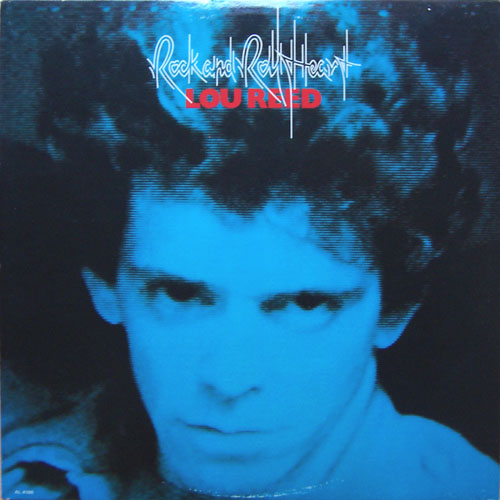

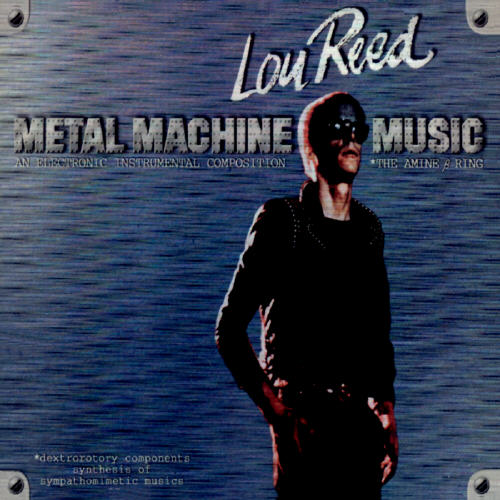
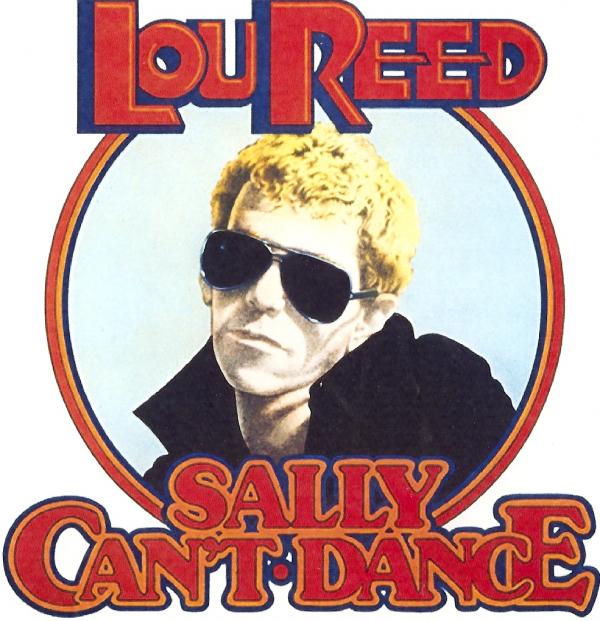
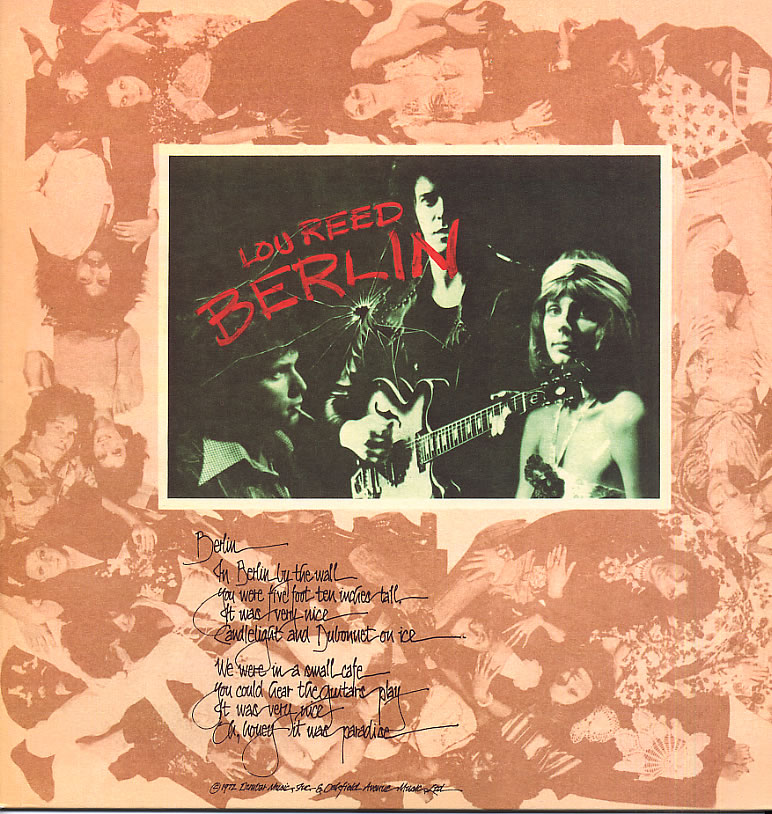
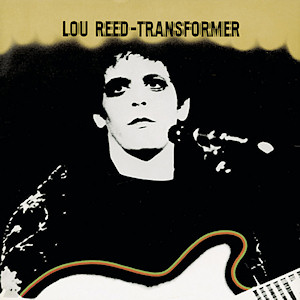
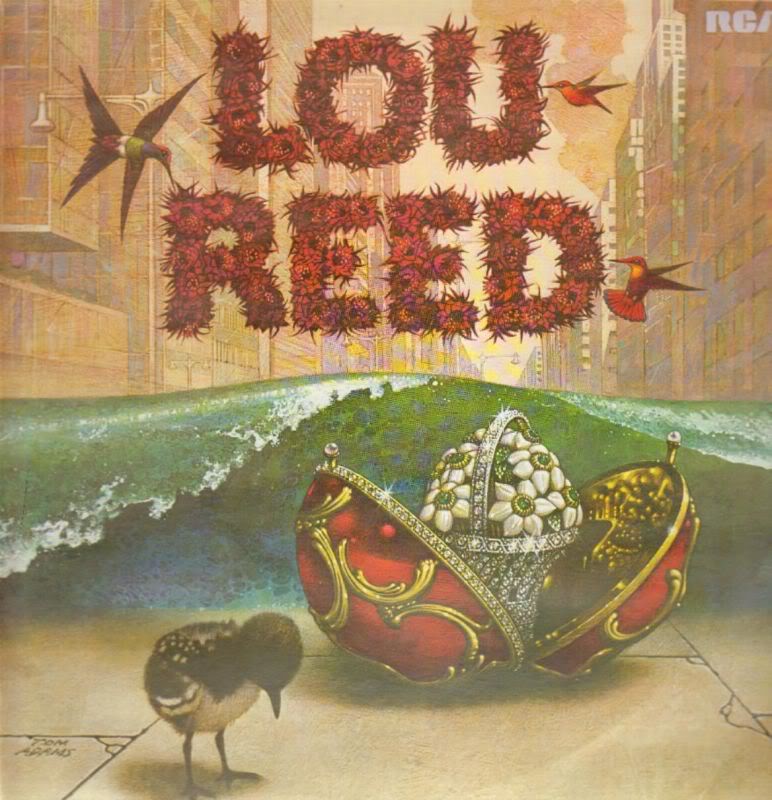
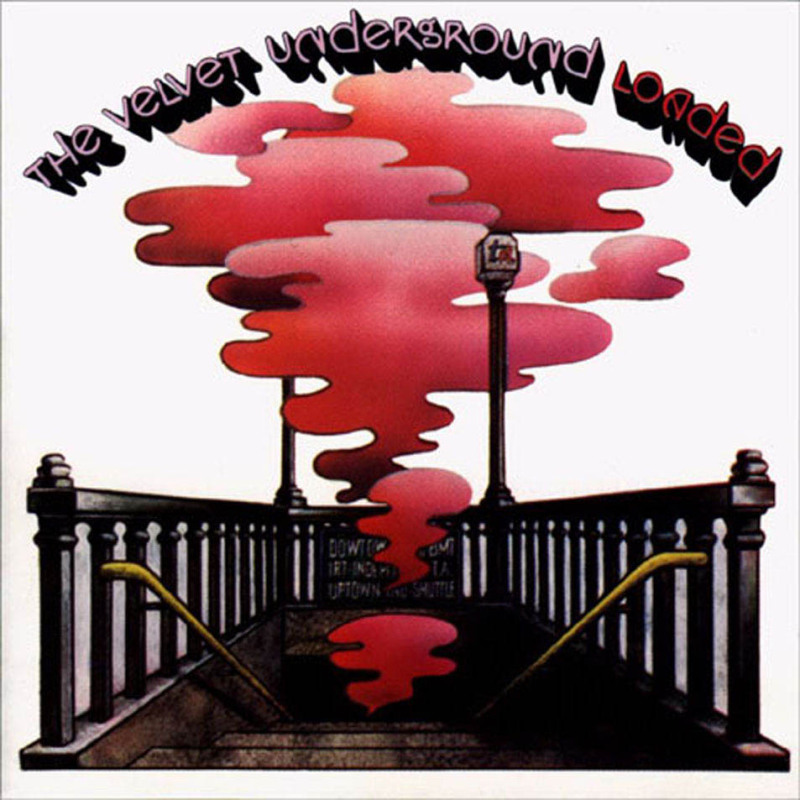
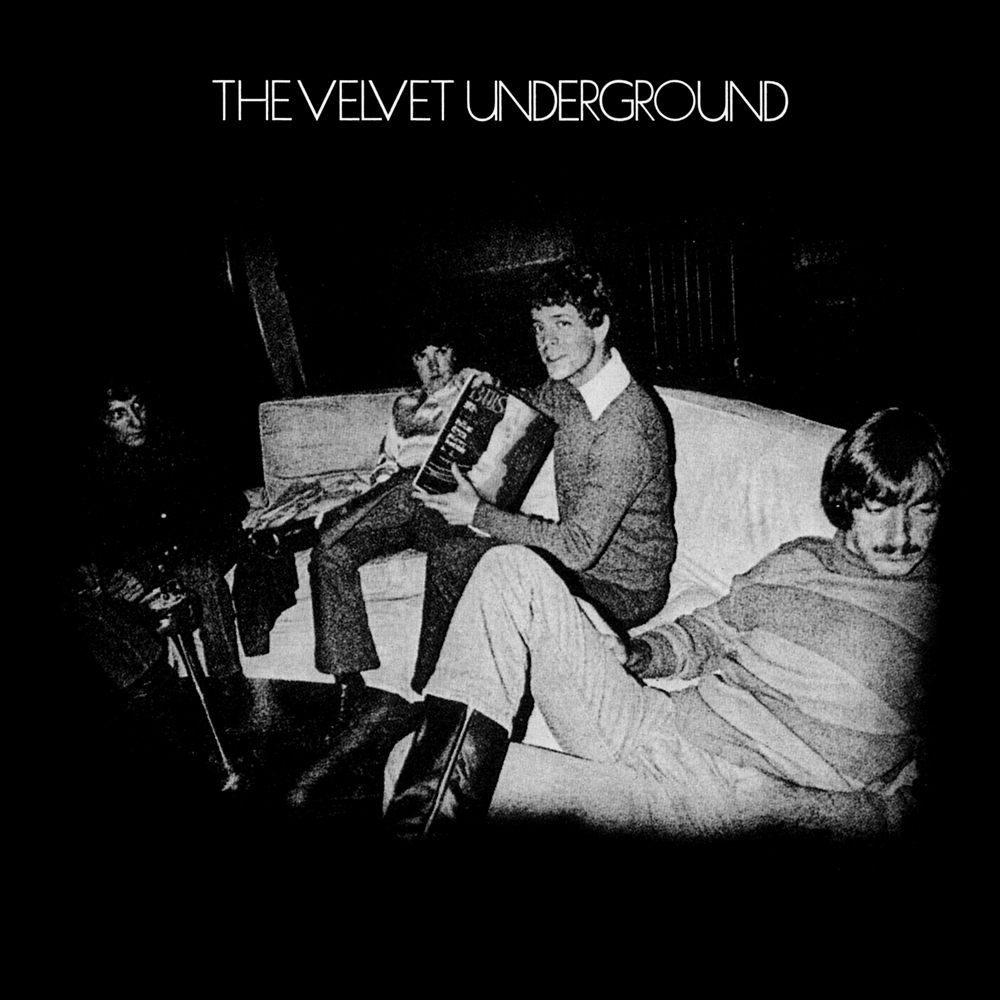
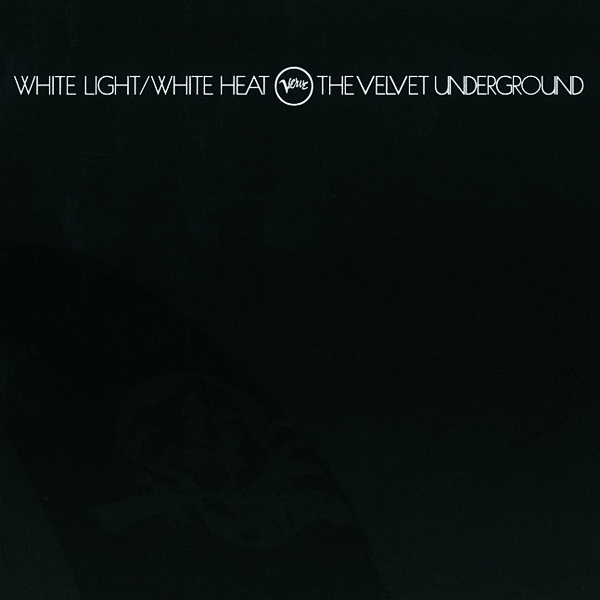
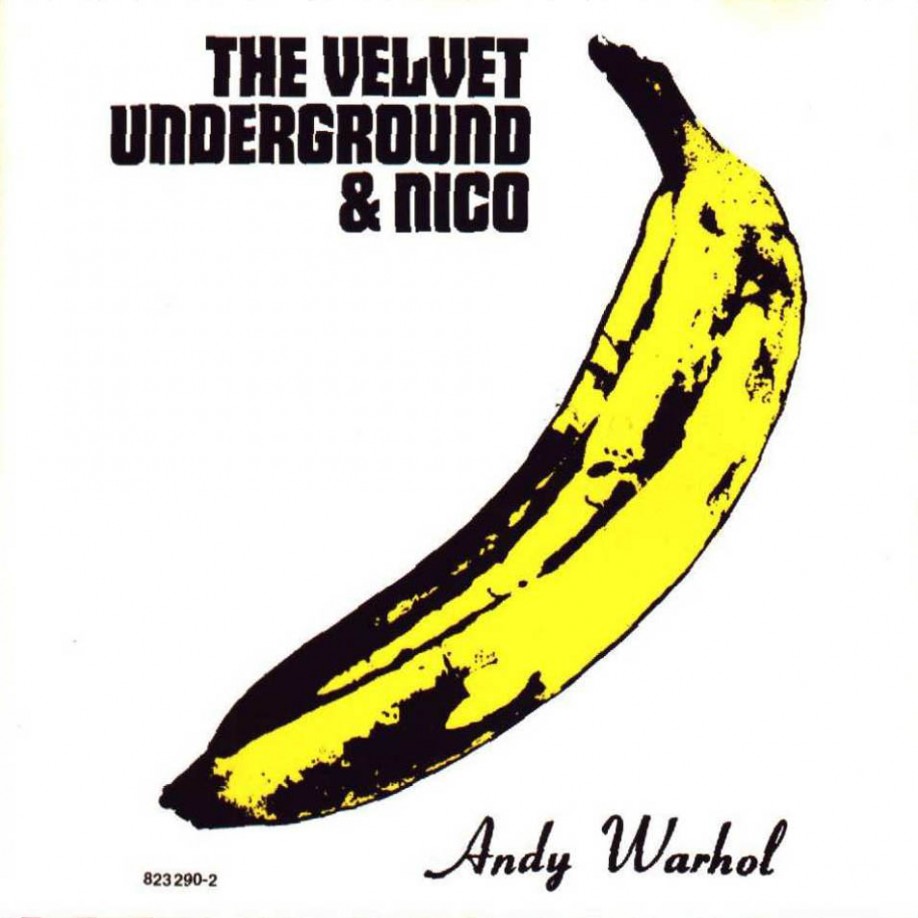

Damian is Editor-in-Chief of Guitar World magazine. In past lives, he was GW’s managing editor and online managing editor. He's written liner notes for major-label releases, including Stevie Ray Vaughan's 'The Complete Epic Recordings Collection' (Sony Legacy) and has interviewed everyone from Yngwie Malmsteen to Kevin Bacon (with a few memorable Eric Clapton chats thrown into the mix). Damian, a former member of Brooklyn's The Gas House Gorillas, was the sole guitarist in Mister Neutron, a trio that toured the U.S. and released three albums. He now plays in two NYC-area bands.
